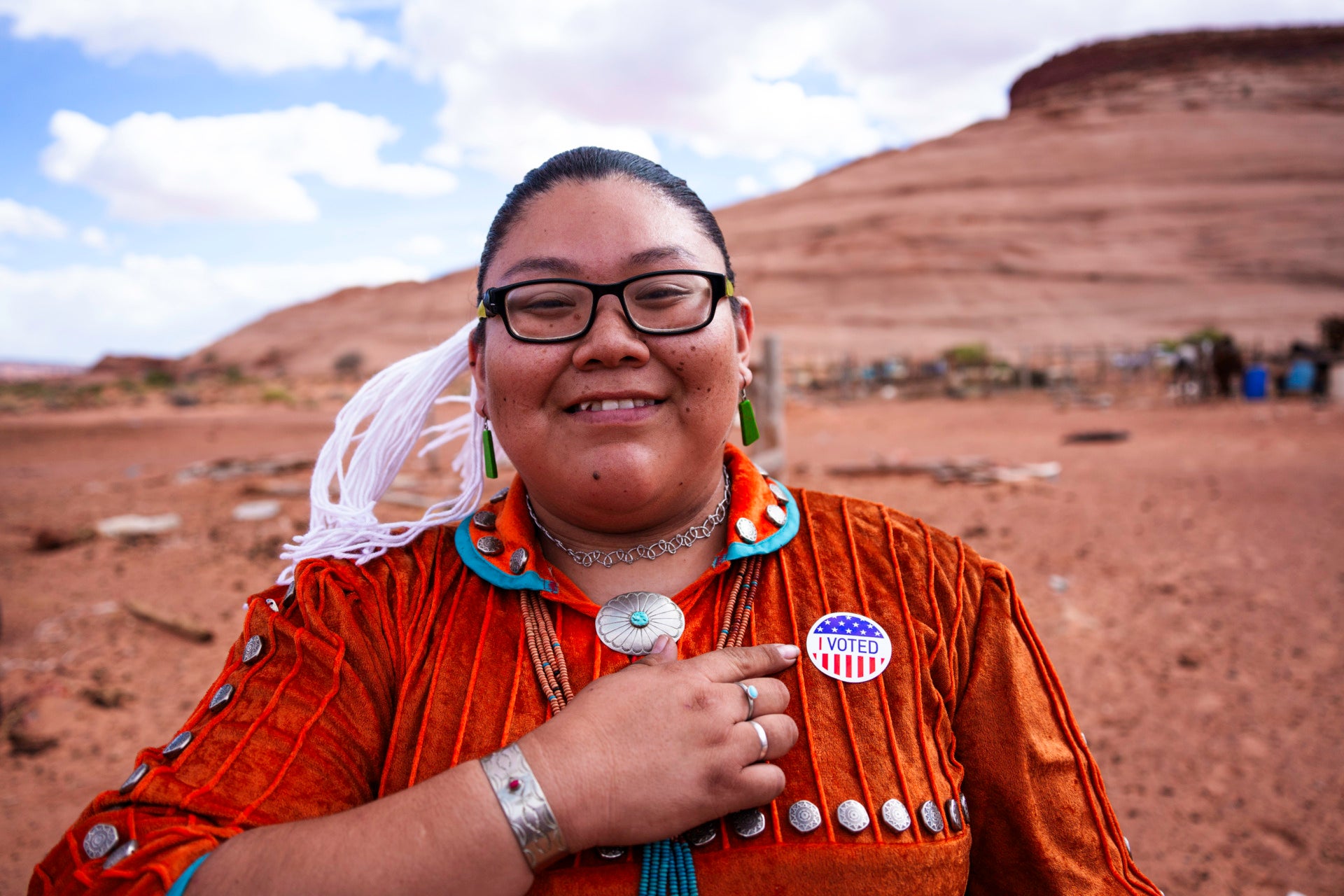Last week Ascend Managing Director Marjorie Sims moderated an Aspen Institute roundtable conversation with Billy Shore, founder and CEO of Share Our Strength. The conversation was part of a new initiative launched by Aspen Institute President Dan Porterfield and co-led by Sims and Public Programs Vice President Jamie Miller focused on a local social impact strategy for the Aspen Institute in its own backyard. Share Our Strength is an organization committed to ending hunger and poverty in the United States and abroad. Shore founded the organization with his wife in 1984 as a response to the famine in Ethiopia and it has since provided over 775 million meals to kids across the country.
At the roundtable, Shore shared his fundamental belief that hunger is an “extremely solvable” component of systemic poverty. Share Our Strength achieves success by ensuring that as many children as possible are fed three meals a day. With federal money permanently set aside to feed kids in schools, the organization serves as a critical bridge in places where the funds exist but the capacity to build programs is lacking as well as an advocate to expand food programs through state policy.
But Share Our Strength is about dignity as well as food. Shore shared with Sims and Aspen staff that one of the organization’s greatest challenges has been addressing food insecurity without stigmatizing those who face it. That means incorporating various policies to bring humanity and dignity into their work, including “second chance breakfasts” that allow kids in school to eat in their classrooms instead of having to show up early to eat in the cafeteria. Practices like second chance breakfasts have increased the number of kids nationwide receiving breakfast as well as learning time for all students. But at the heart of bringing dignity into food equity, is the voice of families. Whether this involves speaking at his son’s school, or visiting feeding sites across the country, Shore is committed to listening to the families Share Our Strength serves and ending hunger in a way that works for them.
Porterfield brings a passion for impact at the local, national, and global level. The DC local impact strategy will amplify the longstanding volunteer commitment of the Aspen Institute to make a difference in the lives of families – especially in nearby communities of Washington, DC and Pitkin County, Colorado. “Every institution is a part of a community, and a central part of the mission of any great people-serving organization should be to serve as not only a responsible citizen, but as an active contributor and positive changemaker in the community in which it sits,” Porterfield said. “The Aspen Institute is proud to house its headquarters in the District of Columbia, and as we seek to make positive impacts across the country and around the world, it is essential that we also collaborate with community partners here in Washington to make a difference and help our local community thrive.”


